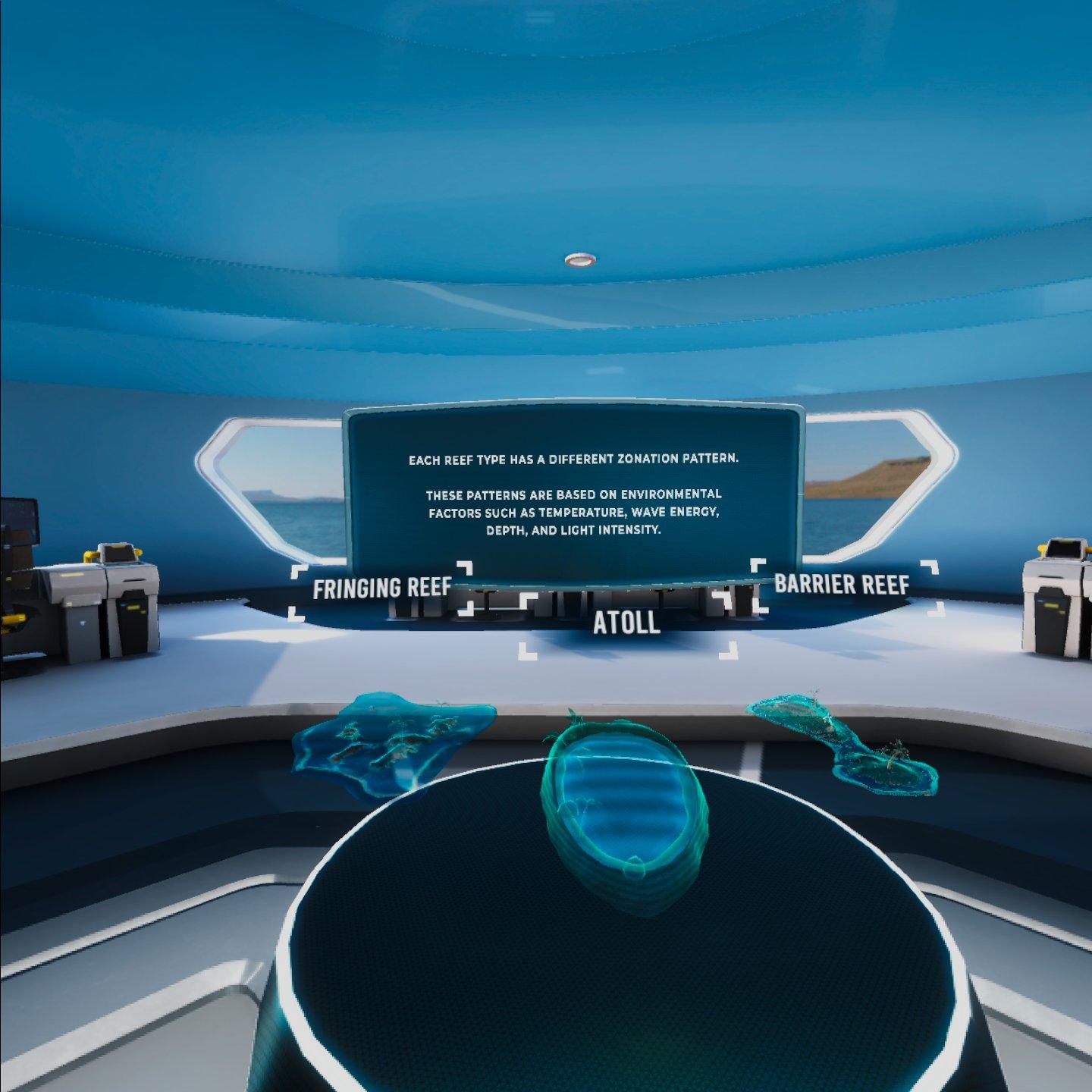
4 minute read
EDUCATION
MANGROVE EDUCATION & RESTORATION
The foundation’s Mangrove Education and Restoration Programs were halted due to the COVID-19 pandemic. Thankfully, after a two-year postponement, we were able to resume our Jamaica Awareness of Mangrove in Nature (J.A.M.I.N.) program this year. KSLOF continued to partner with Alligator Head Foundation and the University of the West Indies Discovery Bay Marine Lab to bring this immersive, experiential education program to high school science students in Jamaica. J.A.M.I.N. is being implemented again in Port Antonio and William Knibb High Schools, and Happy Grove High School entered the program for the first time since its inception. This year KSLOF also welcomed Saskia Schmöle from the University of Bremen, who is conducting her master’s thesis on the effectiveness of the J.A.M.I.N. program
Advertisement
This year the foundation completed the Mangrove Development, Education, Awareness, and Livelihoods (Mangrove DEALs) grant with our partners at the Alligator Head Foundation. This program expanded our mangrove education and outreach efforts in Jamaica by providing workshops to key stakeholders including students, educators, community members, and government officials. These efforts wouldn’t have been possible without the gracious support from the National Conservation Trust Fund of Jamaica.
OCEAN LITERACY

In an effort to increase ocean literacy, the foundation continued to develop educational resources for our Education Portal, which hosts our robust Coral Reef Ecology Curriculum. The foundation launched two new units this year: Food Webs and Conservation. The Jerome S. & Grace H. Murray Foundation generously supported the foundation in this endeavor.
The foundation, along with our partners Dr. Ryann Rossi and the Bahamas Marine Mammal Research Organisation (BMMRO), received a grant from the National Geographic Society to develop curriculum on the impact of the COVID-19 pandemic on wildlife. The curriculum contains teacher lesson plans, activities, and short videos which focus on the effect of marine noise pollution on sperm whales. This curriculum will be housed in the Coral Reef Ecology Curriculum’s Behavior unit which will be released in 2023.
With our partners at the University of Miami (UM), and support from the UM Magic Leap grant, we created a virtual reality (VR) application that takes users on a virtual field trip to learn about coral reef types and their zonation patterns. This immersive educational experience is the first of its kind for the foundation, adding an innovative learning technology to our Coral Reef Ecology Curriculum. The VR application will be available for the public to use in early 2023.
This year the foundation developed an educator’s guide called “Little Creatures with a Big Message,” with support from a grant from the National Science Foundation, which we received with our partners at UM. These lesson plans amplify math and science skills among middle and high school students, use real-world contexts and problem-based learning to increase ocean literacy, and support teachers integrating STEM (science, technology, engineering, and math) into their classrooms using UM’s important research on a type of plankton called foraminifera. In the next two years of the grant, these educational resources will be vetted with students and teachers and shared with classrooms around the world.
OCEAN ODYSSEY EDUCATOR’S GUIDE
This year the foundation released an educator’s guide for middle school students (grades 6-8) in partnership with K2 Studios to accompany their IMAX® film, Ocean Odyssey. The film is narrated by legendary oceanographer and conservation icon Dr. Sylvia Earle. The free guide contains lesson plans, worksheets, and grading rubrics that teachers can use in their classes to delve into important educational and conservation topics in the film.








